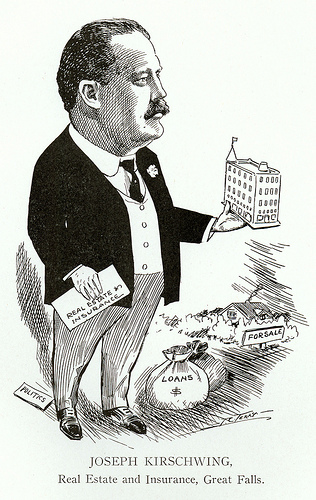Are you barred from re-litigating fraud in bk court just because you did not do so in your state court matter even though the facts were there and you could have done so? In Brown v. Felsen, 442 U.S. 127 (1979), the plaintiff sued defendant for breach of contract in state court (which was based on fraud). Plaintiff obtained a quick default judgment but did not seek a finding of fraud even though he could have “easily” done so based on the facts and time permitted. Defendant filed bankruptcy and when plaintiff filed his 523 complaint the debtor screamed “motion to dismiss for res judicata — you should have done that in state court!” Will the court grant the motion to dismiss? No.
Res judicata holds that a party is barred from re-litigating grounds for a cause of action that was available to that party in a prior lawsuit. The motion will be denied because in Brown the Supreme Court said that it would be wrong to force plaintiffs to litigate all of the issues that might later bear on nondischargeability in the future just in case defendant files bankruptcy. See 422 U.S. 138 (1969).
But does collateral estoppel apply? Yes, see Grogan v. Garner.





